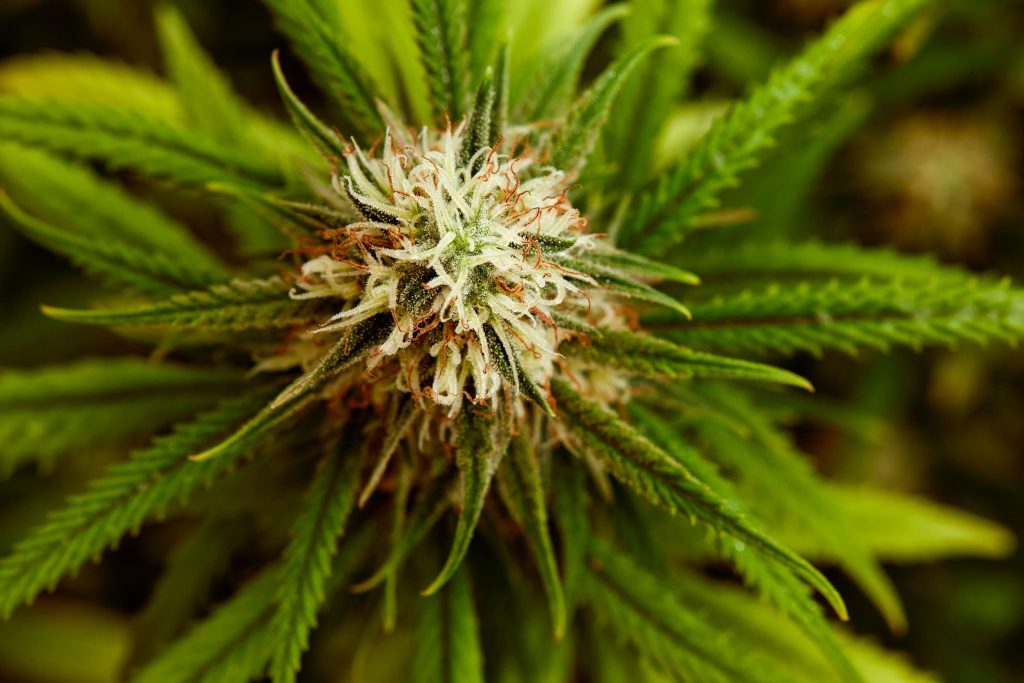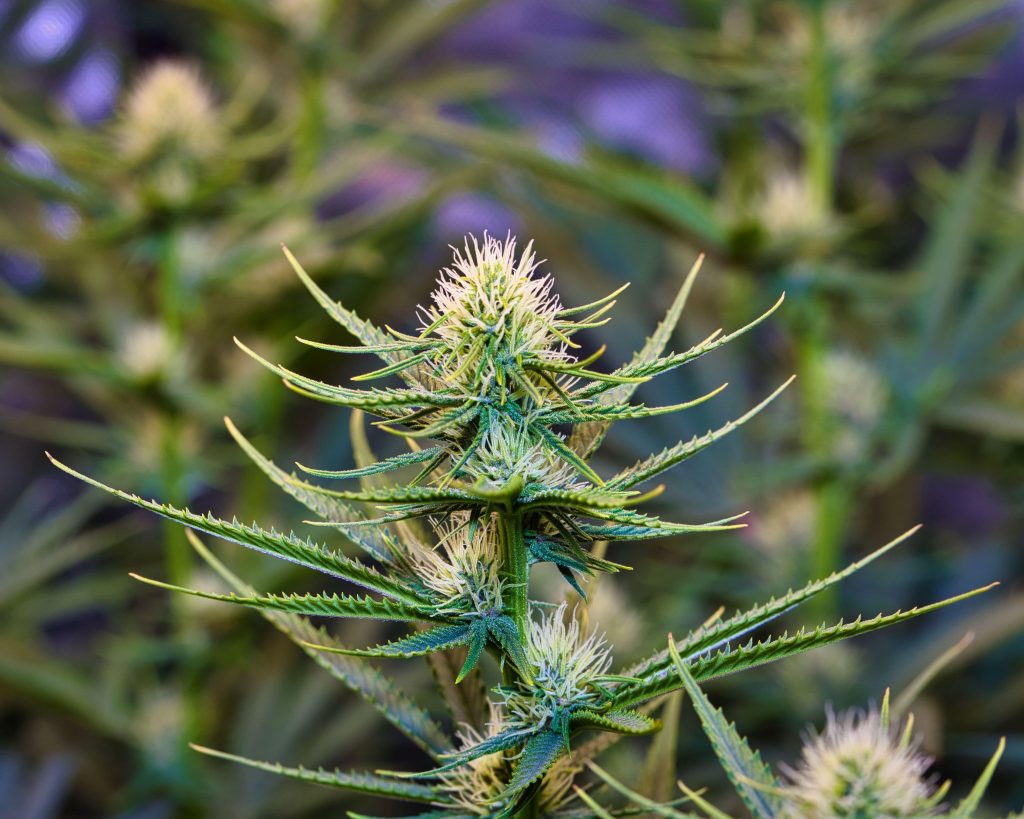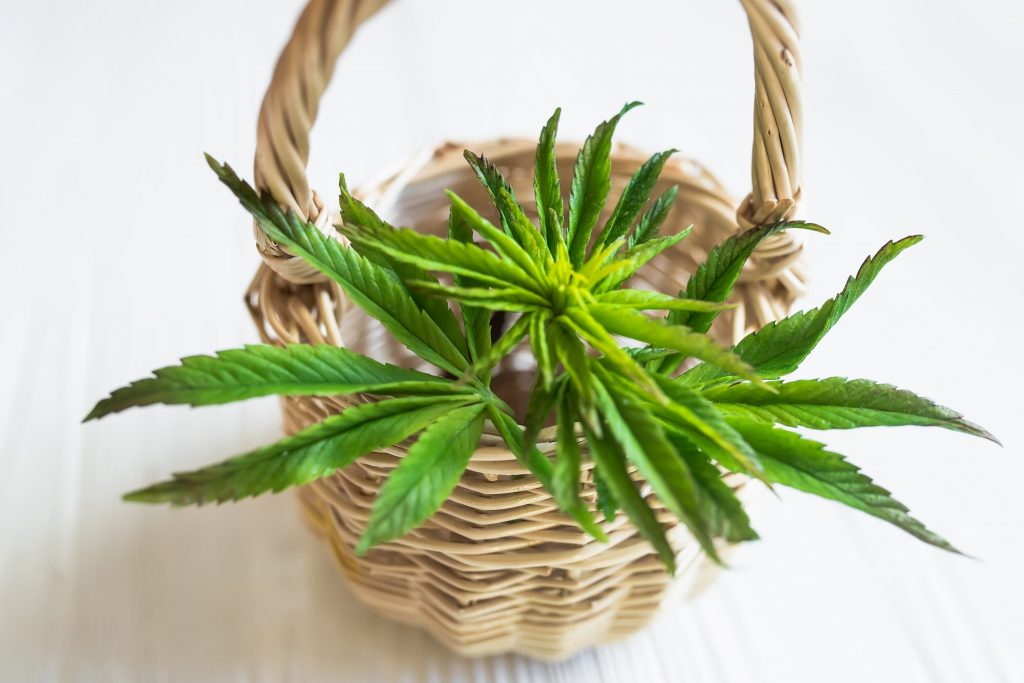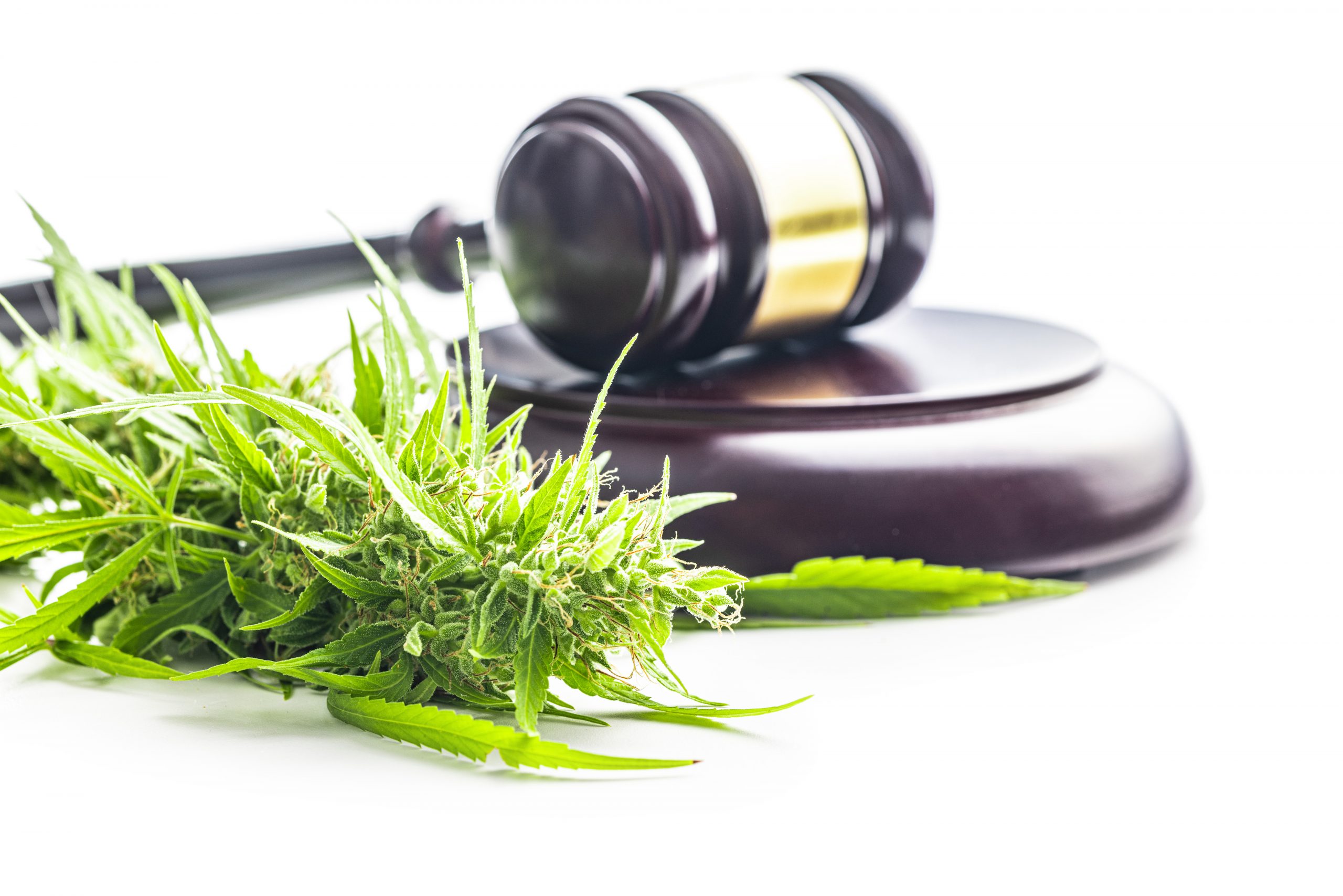The debate surrounding the legalization of cannabis is gaining momentum worldwide. But have you ever stopped to consider the economic implications of this controversial topic? The legalization of cannabis can significantly impact economies on a global scale.
Cannabis, also known as marijuana, has long been a subject of political and legal controversy. However, attitudes towards cannabis are evolving, and more countries are starting to reconsider their stance on its use. As legalization efforts gain traction, it is essential to examine how this shift can affect the economies of different countries.
Legalizing cannabis has the potential to create economic opportunities and generate substantial revenue. On the other hand, it also presents challenges and potential drawbacks that policymakers must carefully consider. To fully understand the economics of cannabis legalization, it is crucial to explore the global perspective and delve into the various factors that come into play. In this article, we will examine the economic impacts, both positive and negative, of cannabis legalization worldwide.
Economic Impact of Cannabis Legalization
The economic impact of cannabis legalization is multi-faceted and has significant implications for job creation, tax revenues, and industry growth. In terms of job creation, the cannabis industry has seen a substantial increase in employment opportunities, ranging from cultivation and production to retail and distribution. This has not only led to job growth within the industry itself, but has also had a positive effect on ancillary industries such as packaging, marketing, and legal services.
In terms of tax revenues, the legalization of cannabis has resulted in a notable increase in tax revenues generated from legal sales. This has been particularly evident in states and countries that have implemented taxed and regulated cannabis markets, with the tax structures varying across different jurisdictions. The increase in tax revenues has provided governments with additional funding for various public services and programs.
Furthermore, the cannabis industry has experienced rapid growth on a global scale, presenting significant economic potential for related industries. This growth has led to the emergence of new business opportunities and has created a ripple effect in sectors such as real estate, tourism, and technology. Overall, the economic impact of cannabis legalization has been far-reaching, with job creation, tax revenues, and industry growth playing key roles in shaping the landscape of the cannabis market.

Global Approaches to Cannabis Legalization
Global approaches to cannabis legalization vary widely, with countries like Canada and Uruguay taking a more progressive stance, while various US states have implemented their own regulations. In Canada, the government’s objectives for legalizing cannabis include restricting youth access, reducing the illegal market, and ensuring public health and safety. The early stages of legalization in Canada have seen challenges such as supply shortages and enforcement issues, but also successes in generating tax revenue and reducing black market sales.
In Uruguay, the government has adopted a state-controlled approach to cannabis production and distribution, with the aim of reducing crime and promoting public health. In the US, several states have legalized cannabis for both medicinal and recreational purposes, each with their own set of regulations and impacts. Challenges in the US include banking restrictions and conflicting federal laws, while successes include job creation and tax revenue. Overall, the global landscape of cannabis legalization continues to evolve as more countries consider different approaches to regulation and enforcement.
Social and Economic Equity in Cannabis Legalization
Cannabis legalization has brought to light the social and economic disparities that have long played a role in the uneven enforcement of drug laws. Efforts to rectify historical disparities in cannabis-related arrests have been a key focus in the push for social justice within the industry.
Various states and municipalities have implemented programs aimed at expunging the records of those with past non-violent cannabis convictions, as well as providing pathways for those individuals to participate in the legal cannabis industry. These efforts seek to address the systemic inequalities that have disproportionately affected communities of color.
In addition, there has been a growing emphasis on promoting inclusivity and diversity within the cannabis industry. This includes initiatives to provide resources, mentorship, and support for individuals from underrepresented backgrounds to enter and succeed in the industry. Some programs also prioritize awarding licenses and business opportunities to individuals from communities that have been disproportionately impacted by the war on drugs.
It is essential for cannabis legalization to prioritize social and economic equity to ensure that the benefits of this burgeoning industry are accessible to all, especially those who have historically borne the brunt of cannabis-related arrests and convictions. These efforts aim to not only right the wrongs of the past, but also to create a more just and equitable future for the cannabis industry.
Challenges and Regulatory Considerations
One of the primary challenges faced by countries navigating cannabis legalization is the shifting social and political attitudes towards the use of the substance. Many countries are overcoming decades of stigma and negative perceptions associated with cannabis, which can complicate the implementation of new regulatory frameworks. Additionally, there is also the challenge of ensuring that the legalization process does not lead to higher rates of cannabis abuse or addiction, especially among vulnerable populations.
When it comes to regulatory considerations, product safety and public health are of utmost importance. Establishing strict quality control measures and conducting thorough testing to ensure the safety of cannabis products is essential. Furthermore, there is a need to develop public health campaigns and education initiatives to inform consumers about the potential risks and benefits of cannabis use. Proper labeling and packaging requirements should also be put in place to prevent accidental ingestion, particularly by children.
The Global Ripple Effect
The global ripple effect of one country’s legalization of cannabis can have significant impacts on neighboring regions and the potential for a global cannabis market and international trade. When a country legalizes cannabis, it can lead to increased production and exportation, which in turn can affect neighboring regions. Neighboring countries may experience changes in their own drug policies, as they adapt to the new cannabis market and potential opportunities for trade. Additionally, the legalization of cannabis in one country may create a domino effect, as other countries consider similar legislative changes to remain competitive in the global market.
The global ripple effect also extends to the potential for a global cannabis market and international trade. As more countries legalize cannabis, the exchange of cannabis products and related goods can become more prevalent on an international scale. This can create economic opportunities for countries with suitable climates for cannabis cultivation, while also providing consumers with a wider range of choices. It may also lead to the development of international trade agreements and regulations specifically tailored to the cannabis industry.

Navigating the Economic Landscape: THCa Flower for Sale
THCa flower is a unique and distinctive product within the legal cannabis market. Unlike traditional cannabis flower, THCa flower contains high levels of tetrahydrocannabinolic acid (THCa) which has gained popularity for its potential health benefits. It is non-intoxicating and is often used for its anti-inflammatory and neuroprotective properties.
THCa flower is gaining attention for its versatility and potential wellness benefits. It can be consumed in various forms such as smoking, vaping, or even infusing into food and beverages.
As the demand for THCa flower continues to grow, it is essential to find a reliable source for purchasing this product. CBDDY is a reputable online retailer that offers a wide selection of THCa flower for sale. They provide high-quality products from trusted manufacturers, ensuring customers have access to top-tier options.
Navigating the economic landscape of THCa Flower for sale can be made easy by choosing a reliable and reputable retailer such as CBDDY. With their extensive selection and commitment to quality, individuals looking to explore the benefits of THCa flower can find exactly what they need to support their wellness journey.

Conclusion
In summary, the economic aspects of cannabis legalization are vast, and it is important to prioritize responsible regulation and consumer choices. As the market continues to expand, consumers have the opportunity to support businesses that promote social responsibility and high-quality products like THCa Flower.



